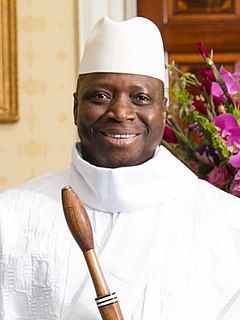A Quote by John Kani
'Sizwe' is the beginning of protest theatre; 'Nothing But The Truth' is post-apartheid South Africa.
Related Quotes
In general, Iranians believe that all Palestinians have the right to return home and that there is no chosen people on this earth, whether Jewish, Muslim, Christian. Iran had the same policy towards apartheid South Africa and at the time when it was supporting and funding the ANC [African National Congress] among other groups in South Africa, these groups were also considered to be terrorist organizations by many western governments.


































